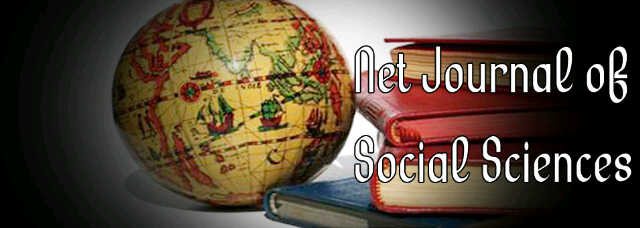A descriptive translation studies approach to the English version of The Great Ming Code
Han Xiao and Lei LiNet Journal of Social Sciences
Published: December 19 2017
Volume 5, Issue 4
Pages 78-87
Abstract
The Great Ming Code was rendered into English in 2005. Although translation studies scholars have done numerous researches on the translation of Chinese classics over the years, the English version of The Great Ming Code is largely ignored and left intact, let alone conduct research based on Descriptive Translation Studies. Accordingly, the present study, in an attempt to throw light on the cause of English translation of The Great Ming Code as well as other Chinese classics, conducted a descriptive-theoretic analysis of the English version of The Great Ming Code by adopting documentary research method. It explored how the translator employed various translation strategies to foster the realization of translation goals, how the adopted translation strategies were influenced by power discourse, and whether Jiang Yonglin’s version of The Great Ming Code was well embraced by the target readers. After analyzing the translation of The Great Ming Code based on Descriptive Translation Studies, this study showed that Jiang’s version was both adequate and acceptable. This paper seems to make theoretically contributions to the analysis of the translation of legal classics and supply practical suggestions for translation criticism.
Keywords: Legal classics, The Great Ming Code, descriptive translation.
Full Text PDFThis article is published under the terms of the Creative Commons Attribution License 4.0

